Medicare Advantage Plan Challenges
With more than half or more of Medicare beneficiaries being enrolled in Medicare Advantage (MA) plans instead of traditional Medicare, several issues arise for skilled nursing providers as plans deny coverage and limit stays in nursing homes after hospital stays. MA plans have adopted more restrictive criteria used by commercial health insurance carriers and deny more inpatient hospital claims than all other payer categories.
Recently, media outlets have highlighted the financial challenges faced by providers as Medicare Advantage enrollment continues to grow in popularity among beneficiaries due to an abundance of ads. Media reports show that skilled nursing providers are facing difficulties due to the level-of-care reimbursement disputes dramatically rising in frequency among Medicare Advantage plans. This, in part, is due to the reliance on algorithms and artificial intelligence-based assessments for evaluating medical claims. As obstacles with MA plans continue to rise, providers and lawmakers assess MA proposals and evaluate next steps to improve MA plan regulation and oversight.
The popularity of the Medicare Advantage health plan market has led providers to adjust their clinical operations. The Biden Administration has proposed initiatives that include changes to the risk adjustment model, restrictions on supplemental benefits, and covering cost-sharing for mental health services. Questions regarding this proposal are prevalent across the sector due to wariness surrounding potential premium increases and cuts in benefits for beneficiaries. Lawmakers continue to debate how best to sustain Medicare for the future, involving decisions about reducing spending or increasing revenue and how this impacts health care providers, plans and beneficiaries alike.

